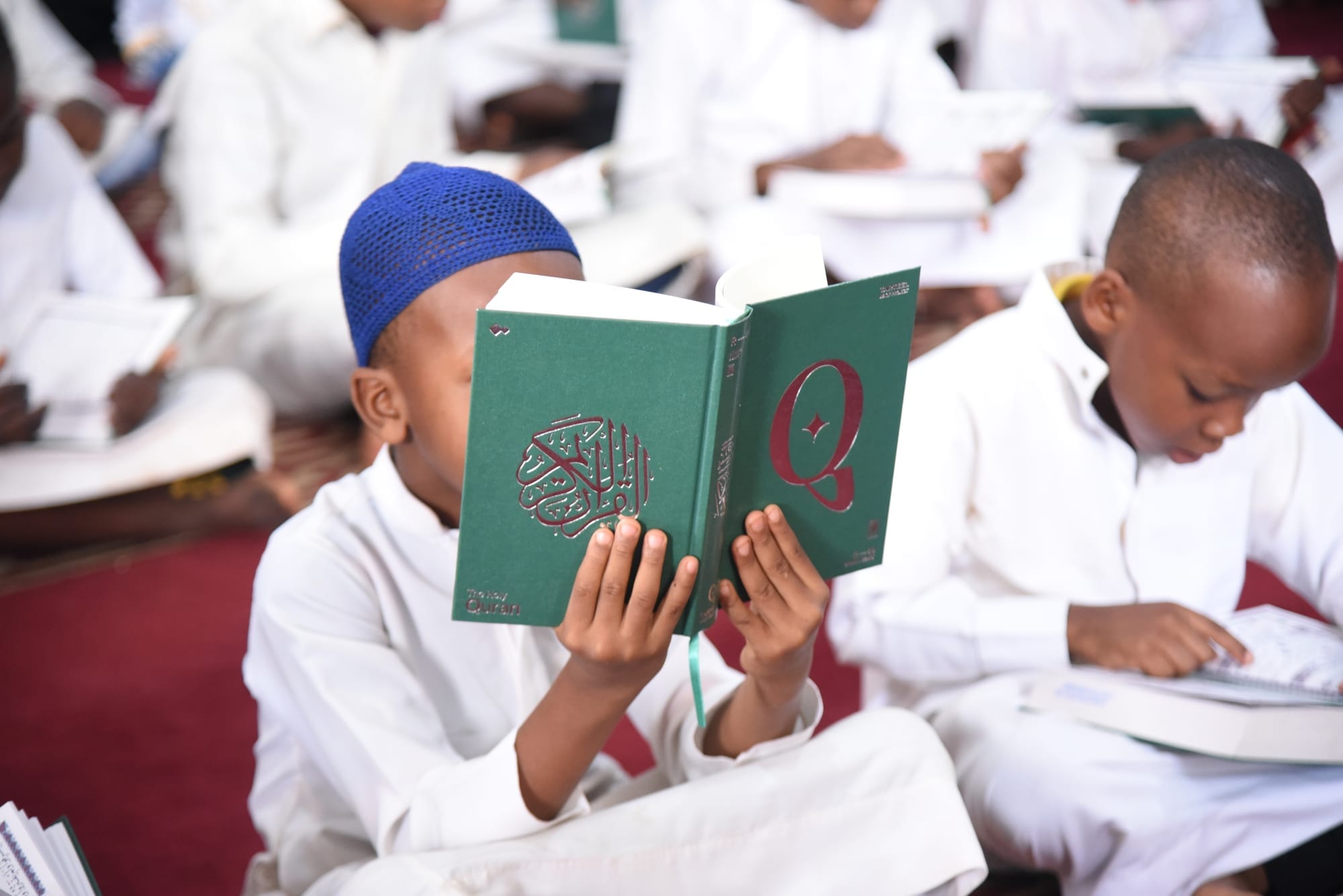In a world where injustice and oppression are all too common, turning to the Quran for guidance and solace becomes a source of strength for many. With its profound verses and prayers, the Quran offers comfort and hope to the oppressed, reminding them of Allah's mercy, justice, and the eventual triumph of truth over falsehood. In the wake of so much tyranny and injustice against the Muslim ummah across the world, it's vital that we turn to the Quran for the reminders we greatly need and keep our brothers and sisters in our prayers, always.
Here are 5 Quranic prayers that resonate with the hearts of those seeking relief from oppression.
1. Dua for Relief from Hardship
فَدَعَا رَبَّهُۥٓ أَنِّى مَغْلُوبٌۭ فَٱنتَصِرْ
Translation: So he cried out to his Lord, “I am helpless, so help ˹me˺! (54:10)
When Prophet Nuh (AS) felt overwhelmed by the rejection and harm from his people, he called out to Allah for help. This dua is a powerful invocation for anyone feeling overpowered by oppression, reminding us to seek Allah's assistance in times of distress.
2. Dua for Patience and Perseverance
قَالُوا۟ رَبَّنَآ أَفْرِغْ عَلَيْنَا صَبْرًۭا وَثَبِّتْ أَقْدَامَنَا وَٱنصُرْنَا عَلَى ٱلْقَوْمِ ٱلْكَـٰفِرِينَ
Translation: They prayed, “Our Lord! Shower us with perseverance, make our steps firm, and give us victory over the disbelieving people.” (2:250)
This prayer was uttered by the followers of Jalut as they faced a formidable enemy. It's a poignant reminder for the oppressed to ask for patience, steadfastness, and victory over those who deny justice and truth.
3. Dua for Protection from Oppressors
رَبِّ نَجِّنِى وَأَهْلِى مِمَّا يَعْمَلُونَ
Translation: My Lord! Save me and my family from ˹the consequences of˺ what they do. (26:169)
Prophet Lut (AS) made this plea to Allah to save him and his family from the corruption and oppression of his people. It is a heartfelt supplication for protection and salvation for those living amidst injustice.
4. Dua for Justice
رَبَّنَا لَا تَجْعَلْنَا فِتْنَةًۭ لِّلَّذِينَ كَفَرُوا۟ وَٱغْفِرْ لَنَا رَبَّنَآ ۖ إِنَّكَ أَنتَ ٱلْعَزِيزُ ٱلْحَكِيمُ
Translation: Our Lord! Do not subject us to the persecution of the disbelievers. Forgive us, our Lord! You ˹alone˺ are truly the Almighty, All-Wise. (60:5)
This dua, made by Prophet Ibrahim (AS) and his followers, seeks to prevent becoming a source of temptation for disbelievers through their suffering. It also asks for forgiveness and acknowledges Allah's might and wisdom, a powerful plea for justice and mercy.
5. Dua for Guidance and Deliverance
رَبَّنَآ أَفْرِغْ عَلَيْنَا صَبْرًۭا وَتَوَفَّنَا مُسْلِمِينَ
Translation: Our Lord! Shower us with perseverance, and let us die while submitting ˹to You˺. (7:126)
The magicians of Pharaoh, upon believing in Musa, made this invocation when faced with Pharaoh's tyranny. It's a prayer for patience in adversity and for one's end to come in a state of submission to Allah, seeking His guidance and deliverance from oppression.
The prayers from the Quran are not merely words of solace but acts of resistance against oppression, reminding the faithful of the power of divine justice and mercy. They teach us that in the face of injustice, turning to Allah in prayer is both a source of comfort and a means of seeking change.
For the oppressed, these duas are a beacon of hope, affirming that no injustice is too great to overcome with faith, and that ultimately, justice will prevail. As we recite these prayers, let us also commit to being instruments of justice and peace in the world, embodying the principles of compassion and equity that the Quran champions.





